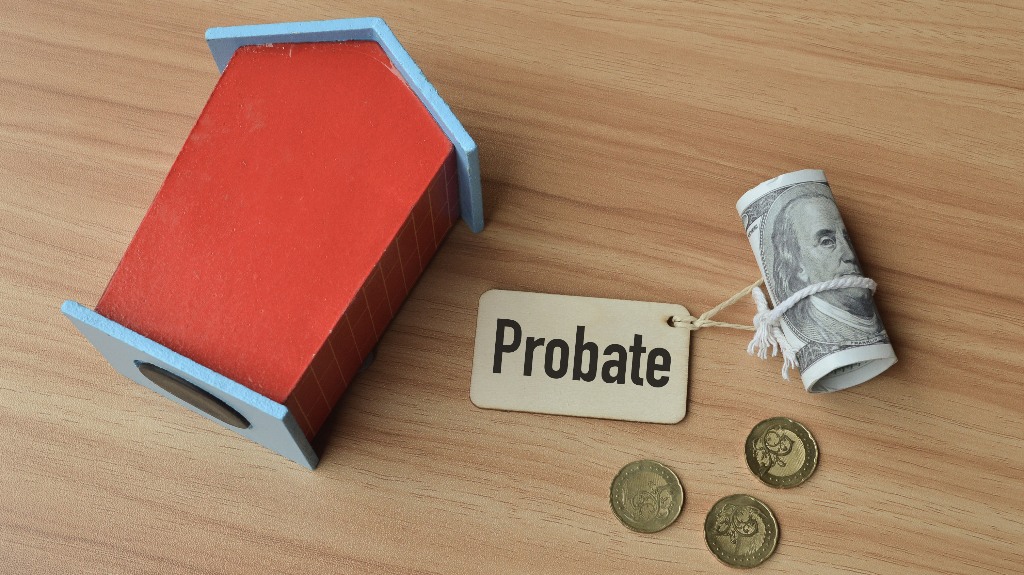The Impact of Community Property Laws on California Probate
When a loved one passes away, families have to deal with processing their grief and managing the legal process to distribute property. In California, the process follows the state’s probate rules and community property laws when one spouse passes away.
So, what is the impact of community property laws on California probate? Let’s take a look at the relationship between community property and probate. With this information, you and your family can anticipate what to expect and reduce the unnecessary stress that can follow throughout this time.
What Is Community Property?
California’s marital property system focuses on the idea of shared ownership. That means any assets or debts acquired by either spouse during the marriage are considered community property, such as:
- Income
- Real estate
- Investments
All these assets are shared, no matter which spouse’s name is on the title or account. While each spouse owns a share throughout the marriage, when one person passes away it could be subjected to probate without the proper protection.
How Community Property Works with Probate
Probate is the court-supervised process of validating a will and distributing a person’s estate. However, with California’s community property system, not every asset automatically goes through probate, and the type of property title will matter.
There are a few ways that community property and the probate process can overlap:
Automatic Ownership of Half the Property
The surviving spouse already owns 50% of the community property. However, the deceased spouse’s share (the other 50%) is potentially subject to probate if no designations have been made, like right of survivorship or transferred through an estate plan.
Property with Right of Survivorship
If spouses have community property with the right of survivorship, the surviving spouse automatically inherits the other half. This transfer happens outside of the probate process. With this designation, then the property could pass through probate.
Intestate Succession and Community Property
If the deceased spouse did not have a will, California law states that the surviving spouse may inherit the deceased’s half of the community property. In these cases, the property often transfers directly to the surviving spouse, but it could be split with other relatives, such as children. Separate property would be distributed according to intestacy rules.
Why Community Property Does Not Eliminate the Need for Planning
Community property laws may seem like a built-in safety net for California families. Many of these assets transfer automatically to the surviving spouse or are already considered property.
However, you do not want to skip planning for the future. An estate plan can help prevent complications, such as:
Separate Property Still Requires Probate
Any assets owned before marriage or received as gifts or inheritances will not automatically pass to the surviving spouse. Without a will or trust, those assets may be distributed according to California’s intestacy laws. As a result, they could be split with children or other relatives.
Blended Families Can Create Conflict
If the deceased spouse has children from a prior relationship, those children may have a legal right to part of the estate, especially concerning separate property.
Unclear or Outdated Titles Cause Delays

Even when property is considered community property, if the title is not updated or does not include survivorship rights, the transfer may require court involvement.
Proper planning makes sure that a person’s wishes are honored and that surviving family members are not left navigating these avoidable disputes.
Wills, living trusts, and beneficiary designations can work together with community property laws to make sure any assets are passed to the rightful beneficiaries.
Get the Help You Need for Probate
California’s community property laws dictate how assets are handled when a spouse passes away. In many cases, these rules simplify the process for the surviving spouse by transferring ownership automatically or limiting the need for probate. However, not every asset falls neatly under community property rules.
For that reason, working with an experienced California probate attorney is the best way to make sure everything is in line with your wishes. If you would like more information about your options or need help with the probate process, reach out to California Probate. Schedule a consultation with us today.

